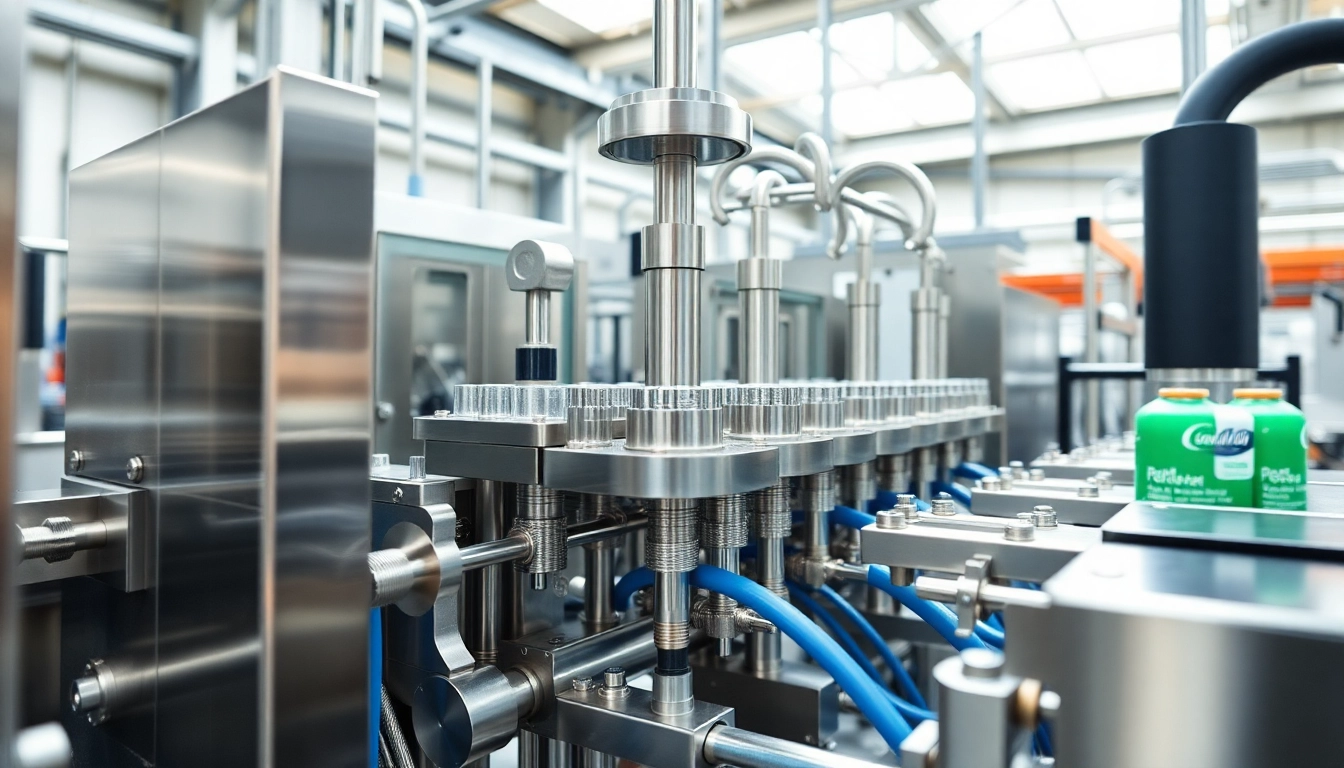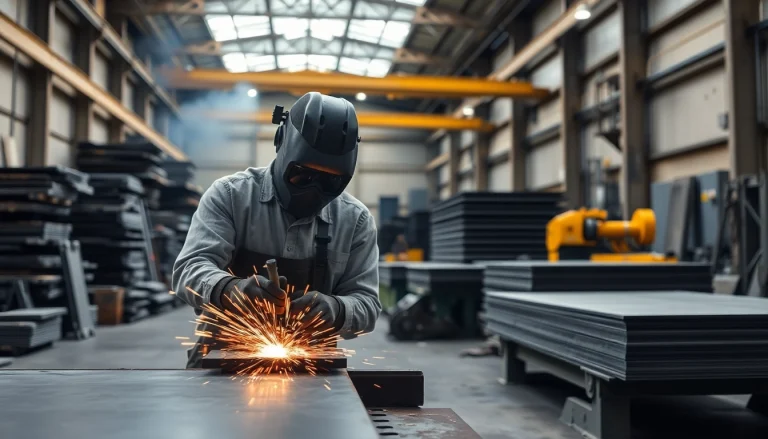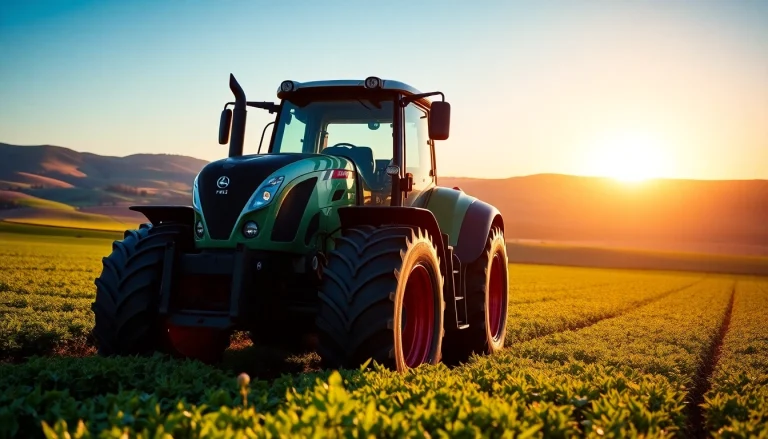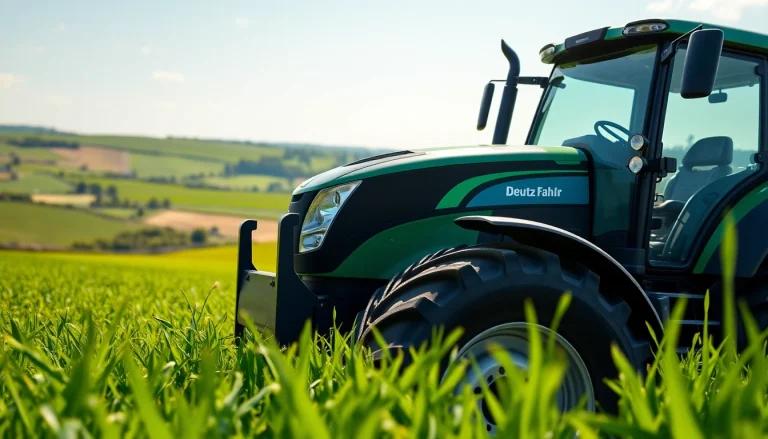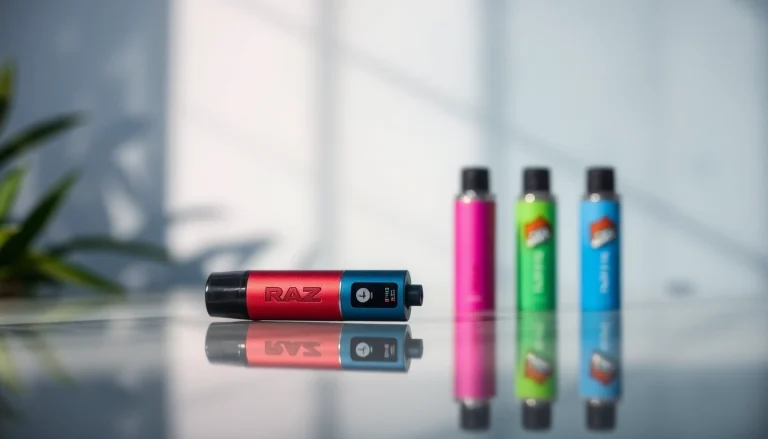Understanding Filling Machines: Types and Features
Filling machines are crucial components in various industries, such as food and beverage, pharmaceuticals, and cosmetics. These machines facilitate the efficient and accurate filling of products into containers, ensuring quality control and streamlining production. When considering Filling Machine Manufacturers, it’s essential to understand the diverse types of filling machines available, their key features, and their applications across different sectors.
1.1 Types of Filling Machines
Filling machines come in several types, each tailored for specific products and industry needs. Here are the primary categories:
Gravity Fillers
Gravity fillers work based on the principle of gravity. These machines are ideal for filling liquids with low viscosity, such as water or juice. The product flows from a tank through a nozzle into an open container placed below.
Piston Fillers
Piston fillers use a piston to draw and dispense a predetermined volume of liquid. Hence, they are suitable for thicker liquids or pastes, such as sauces or creams. Piston fillers provide consistency and accuracy in filling, making them popular for industrial applications.
Vacuum Fillers
Vacuum filling machines create a vacuum in the container, allowing the liquid to flow into it smoothly. These are particularly beneficial for products that foam easily or contain air, preventing spillage and wastage during the filling process.
Pressure Fillers
Pressure fillers use positive air pressure to push liquids into containers. They are best suited for high-speed filling operations and are commonly used in industries such as beverages and pharmaceuticals, where precision is crucial.
Auger Fillers
Auger fillers are specifically designed for powders and granules. They utilize a rotating auger screw to control the flow of solid products into the container. These machines are prevalent in the food, pharmaceutical, and cosmetic industries.
1.2 Key Features to Consider
When selecting a filling machine, consider the following features to ensure optimal performance and efficiency:
- Filling Accuracy: Precision in filling measurements is critical. Look for machines that offer consistent and repeatable filling volumes.
- Speed: Depending on production needs, the speed of the filling machine can impact overall efficiency. Evaluate the machine’s output rate, especially in comparison to competitors.
- Ease of Operation: User-friendly interfaces and programmable controls can enhance operational efficiency and minimize downtime.
- Material Compatibility: Ensure the machine materials are compatible with the products being filled, especially for corrosive or highly viscous substances.
- Sanitation: The ability to clean and maintain hygienic standards is crucial, particularly in the food and pharmaceutical industries.
- Adjustability: The machine should be easily adjustable for different container sizes and product types.
1.3 Common Applications Across Industries
Filling machines find applications across a spectrum of industries:
- Food and Beverage: Used to fill liquids, sauces, and powders into various types of containers.
- Pharmaceuticals: Essential for filling medications, creams, and vaccines with strict compliance to safety standards.
- Cosmetics: Filling creams, lotions, and gels into beauty product containers.
- Chemicals: Used to package chemical solutions and industrial products securely.
Top Filling Machine Manufacturers in the Market
The selection of a filling machine is often influenced by the reputation and reliability of the manufacturer. Below, we explore some of the top filling machine manufacturers in the market today.
2.1 Overview of Renowned Manufacturers
Several companies are noteworthy in the realm of filling machine manufacturing, each offering unique products and services:
Accutek Packaging Equipment Company, Inc.
With a wide array of filling machines, capping machines, and labeling systems, Accutek has established itself as a leader in the packaging industry. They provide tailored solutions suited for a variety of applications.
Cozzoli Machine Company
Cozzoli specializes in liquid filling machines and is known for their durable and customizable packaging systems designed for specific operational needs.
Volumetric Technologies
As a predominantly American supplier, Volumetric Technologies focuses on reliability and innovation, offering advanced filling systems designed for different production environments.
Oden Machinery
Known for a comprehensive range of filling solutions for the beverage and food industries, Oden Machinery emphasizes innovative engineering and customer support.
E-PAK Machinery
They manufacture a range of quality liquid filling machines, emphasizing the importance of capping and labeling in conjunction with filling processes.
2.2 Comparative Analysis of Their Offerings
When analyzing these manufacturers, consider the following factors:
- Product Range: Evaluate the variety of machines offered and their capabilities in handling different products and volumes.
- Customization: Manufacturers that provide customizable solutions can cater to specific business needs more effectively.
- After-Sales Service: Consider warranty terms, quality of technical support, and access to replacement parts as this affects long-term operational efficiency.
- Reputation: Insights from existing customers and market reviews provide valuable information regarding a manufacturer’s trustworthiness and product effectiveness.
2.3 What Sets Them Apart in the Industry
It’s not just the machines themselves that differentiate these manufacturers, but also their approach to customer service, technology integration, and industry adaptation:
- Innovation: Many industry leaders focus on incorporating the latest technology, such as automation and advanced control systems, to enhance productivity.
- Customization: Tailored systems can address unique operational challenges more efficiently than standard models.
- Sustainability: Increasingly, manufacturers are prioritizing eco-friendly practices within their processes to appeal to environmentally conscious customers.
Factors Influencing the Choice of Filling Machines
Selecting the right filling machine for a specific operation can significantly impact productivity and operational efficiency. Here are key factors to consider:
3.1 Production Volume Requirements
Understanding production volume is essential when choosing a filling machine. High production rates may necessitate faster, automated systems, while lower volumes may be adequately serviced by semi-automatic machines. Analyze current and anticipated production needs to ensure the chosen machine aligns with business growth forecasts.
3.2 Product Compatibility and Material Considerations
The type of product being filled influences the choice of filling machine. For example, viscous liquids would typically require piston or pressure fillers, while powders necessitate auger fillers. Additionally, the material composition of both the product and the container must align to prevent degradation or contamination.
3.3 Budgeting for Quality and Performance
Establishing a budget is crucial, but it should be aligned with performance expectations. Investing in a higher-quality machine may reduce operational costs in the long run due to fewer repairs, enhanced efficiency, and lower downtime. It’s important to weigh upfront costs against long-term benefits.
Best Practices for Selecting and Implementing Filling Machines
Once you’ve determined the factors that influence your choice of filling machines, implementing best practices can further enhance the effectiveness of the equipment:
4.1 Vendor Selection Criteria
When selecting a vendor, consider their reputation, the range of products offered, responsiveness to inquiries, customer service excellence, and after-sale support. Conduct thorough research and possibly arrange for demos or trials before making a commitment.
4.2 Installation and Maintenance Tips
Proper installation is key to the efficient operation of the filling machine, and it is advisable to work closely with technical support teams during setup. Regular maintenance schedules should be established to ensure the long-lasting functionality of the machines. This includes cleaning, inspections, and timely repairs.
4.3 Training Operators for Maximum Efficiency
Proper training is essential for operators to efficiently manage the filling machines and troubleshoot minor issues. Organizing hands-on training sessions alongside manuals and video resources can empower operators, reduce error rates, and maximize throughput.
Future Trends in Filling Machine Manufacturing
The filling machine industry is evolving alongside technological advancements and changing market demands. Here are some trends to watch for:
5.1 Innovations and Technology Impact
Technological innovations, such as IoT-connected machines and advanced control systems, are transforming the filling industry. This technology allows for real-time monitoring and predictive maintenance, enhancing efficiency and decreasing downtime.
5.2 Sustainability Considerations
With increasing regulations and consumer preferences shifting towards eco-friendly solutions, manufacturers are focusing on reducing waste in their production processes and designing machines that utilize less energy and materials.
5.3 The Growth of Automation in Filling Processes
Automation is rapidly gaining traction in filling processes as companies seek to streamline operations and reduce labor costs. Automated filling machines offer improved consistency, reduced labor fatigue, and enhanced safety in workplaces.
